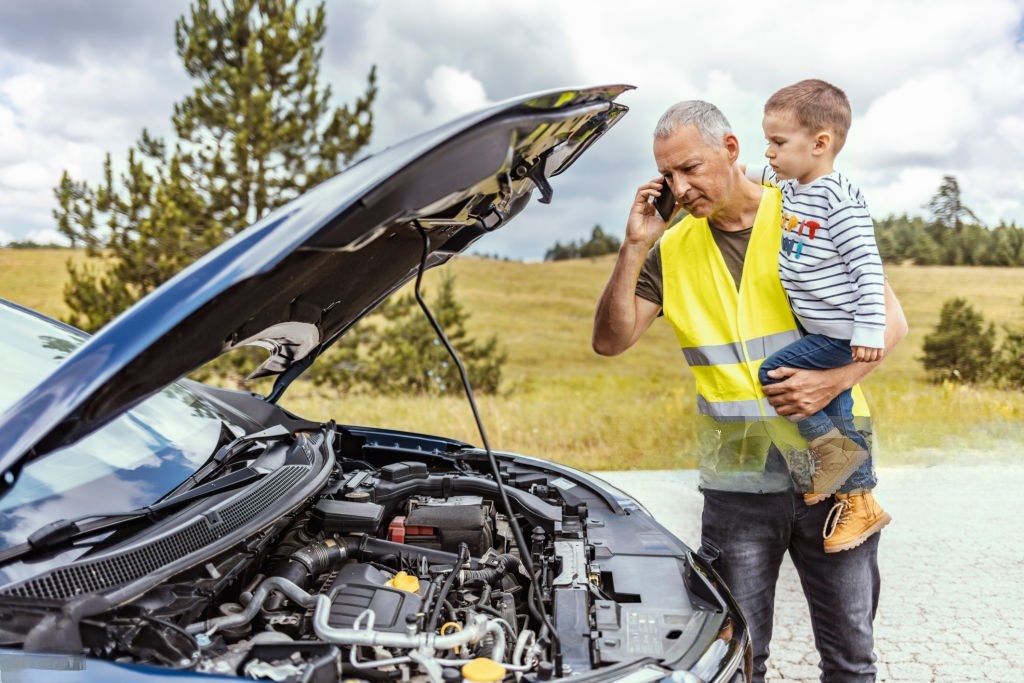It is perhaps right to say that in the orchestra that is the automotive vehicle and the way it runs, the fuel system has arguably one of, if not the most significant roles. The responsibility of keeping cars running and charged falls under this product and it is vital that every car owner has knowledge on its parts. It is evident that every individual part of the fuel tank to the engine has the critical role to ensure that it is in its right state to achieve efficient performance. So in this detailed article, we would discuss different parts in detail of a car’s fuel system and what role they play or why they are important.
The Fuel Tank:
Renovating at the center of the fuel technique is the fuel tank; it holds the life-giving fuel supply. Usually the part of the car installed in the rear part of the vehicle, the fuel tank is created to be strong enough to be invulnerable to the shaking during the ride while containing gasoline or diesel. Some of the modern fuel tanks include High-density polyethylene HDPE; this material is strong and does not corrode easily.
Fuel Pump:
In the fuel tank proper is installed the fuel pump, however small in size but works with great force in addressing the fueling of the whole engine. As a car owner starts his car with the key, he or she notices that the fuel pump automatically starts to pump fuel and sends it through the fuel lines towards the engine. For instance, in first and second generation models, mechanical fuel pumps were common equipment in automobiles, and they relied on the vehicle engine motions. But today’s car solely has the electric fuel pumps since they are more efficient and easy to regulate.
Fuel Filter:
From the tank, fuel passes through the fuel pump and it encounters the fuel filter which plays an important role of cleaning fuel to ensure that it is free from debris that may harm the engine. Here, it is necessary to mention that with time sediments, dirt, rust and other marginal debris may penetrate into the fuel tank. The fuel filter can be described as a kind of ‘bodyguard’ which filters out such elements before they can reach the fuel injectors or cause harm to the engine. Routine fuel filter changing is very important in ensuring that the vehicle performs at optimum and lasts longer.
Read More: Ilikecix: A Revolutionary Social Networking Platform Redefining Connection and Creativity
Fuel Lines:
Fuel lines are the conduits of the fuel system and provide a pathway for fuel from the tank to the engine and back. Constructed of materials like steel or high pressure rubber the fuel line can thus be expected to perform well the demands of its environment by withstanding the corrosive effects of gasoline and pressures from the fuel pump. Gradually, fuel lines may wear out or develop leaks because of age, heat, or road surface abrasion, which results in Fuel Line leaks or Failure. To minimize the cases of risks that may arise from fuel lines and help drive safely on the roads, it is mandatory to inspect the fuel lines and clean or repair them if necessary.
Fuel Injectors:
Fuel injectors are at the center of advanced fuel systems lie fuel injectors, these are very finely detailed pieces, which spray fuel into the combustion chambers of an engine. Functional on the basis of the engine’s control unit or computer known as the ECU system or electronic fuel injection system, the fuel injector pumps out a spray of fuel into the intake manifold with air to be drawn into the cylinder for burning. Fuel injectors directly control the flow and supply of fuel to the engine, so they assist in managing the fuel consumption, engine power, and emissions.
Fuel Pressure Regulator:
This enables clear and efficient flow of fuel to the engine which is regulated by a pressure regulator that sustains the pressure in the fuel system no matter the status of the engine. In a similar way, the pressure regulator controls the rate of fuel that gets returned to the tank hence it is useful in cases of avoiding fuel starvation or flooding during its operation as it is used in different styles of driving. This shows another important component that should be checked frequently because a poorly functioning fuel pressure regulator can cause problems like rough running, poor picking up speed, and possible stall.
In Conclusion
The fuel system of your vehicle is one of the ingenious mechanisms placing and dispensing fuel accurately to drive the performance of the engine. The fuel tank, the fuel pump and the fuel injector are some of the components that work together so as to enhance the effectiveness and reliability of the car while on the road as well as minimize the risks it may be exposed to.
When you grasp each of the detailed workings of the fuel system and keep the fuel system consistent, you have full authority over the fuel consumption of your automobile and its dependability in terms of its suitability for use on the roadway. Furthermore, incorporating barrel zinc plating into the fuel system maintenance schedule can also add more reliability and durability to the fuel system parts by decreasing their susceptibility to corrosion in the long run.
Read More: Ilikecix
